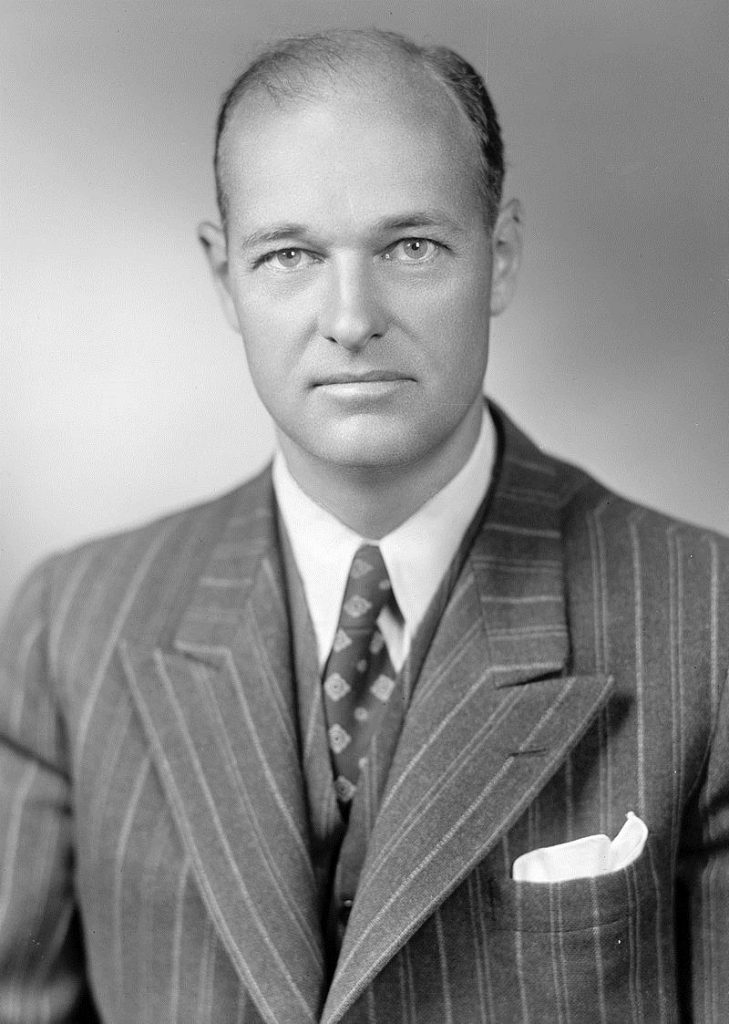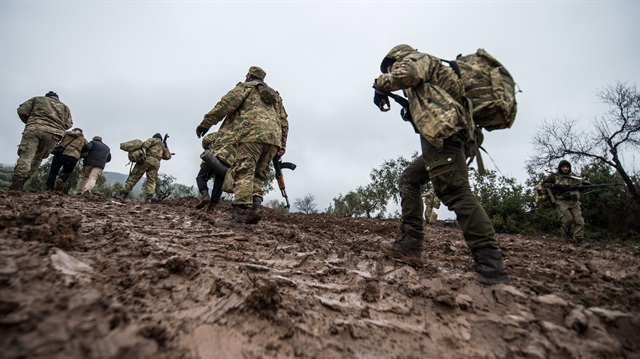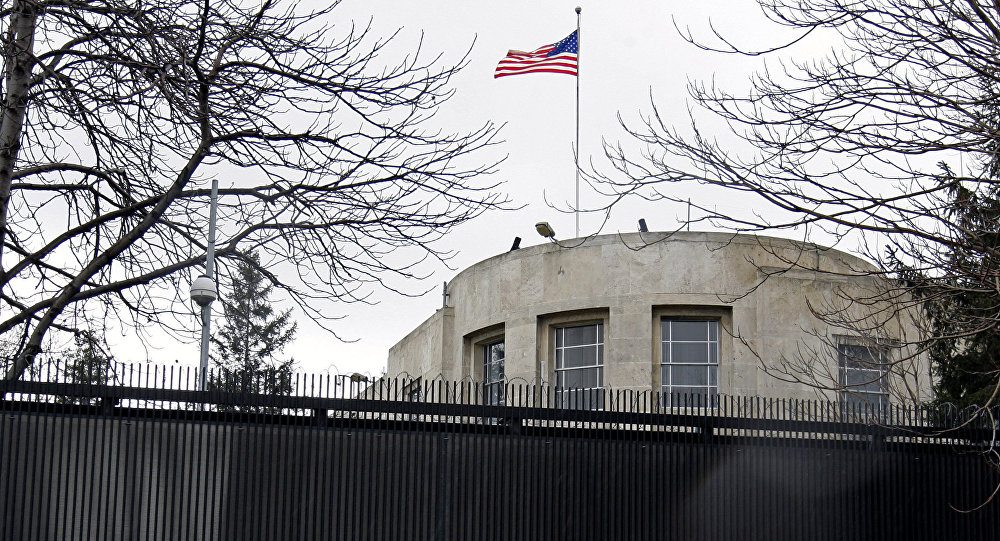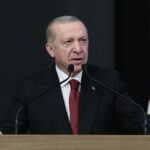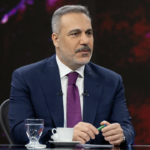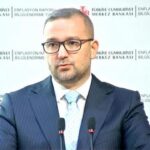Everything possible will be done to set major western powers against each other. Anti-British talk will be plugged among Americans, anti-American talk among British. Continentals, including Germans, will be taught to abhor both Anglo-Saxon powers. Where suspicions exist, they will be fanned; where not, ignited. No effort will be spared to discredit and combat all efforts which threaten to lead to any sort of unity or cohesion among other … from which Russia might be excluded. (1)
In the previous article I explained that, contrary to the expectations of many foreign commentators, the 19th December assassination of Russian ambassador Andrey Karlov has had the effect of strengthening Turkish-Russian relations, and that this was immediately obvious to well-informed observers. The duration of this situation is anyone’s guess, but there is an obverse side that must be taken into account: Russia’s leverage over Turkey has also been increased by this frightful turn of events. The current Turkish-Russian rapprochement in Syria had already begun before Karlov’s murder, largely thanks to the U.S.’s deafness in regard to Turkey’s interests. But now Moscow has moral high ground that their support of the Assad regime could never have accorded them. Turkey and Russia have also negotiated a cease-fire in Syria without the U.S.’s presence at the negotiating table, and Russia even provides air support to Turkey’s campaign against DAESH in Al-Bab that the U.S. refuses to grant (2).
In reality, the original mistake that the Obama Administration made was failing to listen to the Turkish government concerning topics that directly affected Ankara and not Washington — in addition to the fact that the Turkish government knows its immediate region far better than the U.S. government does (as has been illustrated countless times over the past seventy years). Now the U.S. has become a non-player in relation to the Syrian conflict, it has seen its regional status dramatically diminished, and the incoming administration has appointed a representative from the petroleum sector to represent it abroad. The outlook is grim.
The sum of all these developments, plus the assassination, is that Turkey is forced to deal directly with Russia, and has little else to depend on. Even minimal support from the lame duck Obama Administration seems impossible, and the will to provide that support doesn’t exist. Simply, President Obama has opted out of the region, and all actors involved have downgraded the importance they attach to the U.S.’s attitude in their own policy calculations. The U.S. State Department now spends its time denying that the U.S. is arming extremist Kurdish Marxist groups in Northern Syria, all of which are connected organically to the PKK, when this has been common knowledge for at least two years (3). And the current conditions will not change soon, either. First we all have to wait until 20th January to see what Donald Trump and his Secretary of State, Rex Tillerson, decide to do after they take office. Then, if change is to happen, concrete results are still months away at best. That Trump’s decisions will be even worse than Obama’s is also a distinct possibility
Though the current situation is likely temporary, Turkey has no other choice for the time being than to be friendly and yet cautious with Putin. On the other hand, those predicting an alliance between Turkey and Russia fail to take the essential interests of the two states into consideration. For the past 300-plus years the Ottoman Empire and then the Turkish Republic has been in a conflict of essential regional interests with the Russian Empire, then the USSR, and then the Russian Federation. The fundamental parameters of those interests, Turkish possession of the Dardanelles and the Bosphorus for example, have not changed. At the same time, Turkey depends on Russia and Iran for much of its energy needs, many Turkish companies do great business in Russia, and Turkish agricultural products feed millions of Russian citizens. Russian tourists will soon begin to return to Turkey in the numbers that were common before a Russian jet was downed in late 2015.
In Syria, Russia is now the power broker, but Turkey is acting militarily to protect its interests and citizens. Turkey’s Euphrates Shield operation has removed DAESH from Turkey’s border, and once the operations to clear DAESH out of Al-Bab are concluded, the Turkish military will turn its attention to the region around Manbij, controlled by the PYD (4). For several months now Turkey and Russia have carefully operated in separate regions of Syria — their de facto spheres of influence — as both have concentrated on issues that have relevance to their domestic political narratives as well as their regional interests. The threats emanating from Syria, of course, are of much more direct urgency for Ankara since the PKK/PYD and DAESH are both active there and are vigorously attempting to carry out attacks in Turkey.
But Russia is also taking advantage of a historical opportunity. Establishing a narrative that supports its interests, and then showing the ability to back it up with military action, has dramatically heightened Russia’s regional profile. Russia is now involved in Syrian affairs to an extent that never occurred, nor was even possible, during the Cold War. And Russia’s siding with Tehran, Damascus, and by extension the Muslim world’s Shiites, indicates that Russia is eyeing a long-term strategic road to increased influence and relevance across Southwest Asia and the Eastern Mediterranean. How far they plan to take (or can actually take) this route will only become evident with time. Whether the U.S. or NATO retains the will to resist Russian strategic encroachment is the other important unknown.
A realistic military-political assessment of the background is that Russia is a super-power with nuclear weapons and 150 million citizens, but an economy dependent on resource extraction. The U.S.’s Cold War strategy against the USSR rested on a basic premise: the USSR’s system was in reality weak, but if given time the Soviets might be able to strengthen their system, gain access to greater resources and industrial infrastructure, and eventually develop the capacity to compete with the American system. For that reason, the U.S. leadership set out to resist the politico-military pressure used by the USSR against its neighbors and in other places around the globe (5). Eventually, some U.S. politicians would go one step further and argue for rolling back the gains the Soviets had already made.
No matter the details of the historical process, in the end the U.S’s “containment” strategy proved effective, and George F. Kennan, who set down the essence of that strategy in his famous “Long Telegram” of February 1946 and his anonymous July 1947 article for Foreign Affairs (6), actually lived long enough to see his original analysis proven correct. The same strategy still appears relevant to Vladimir Putin’s Russia, but the current U.S. leaderships (both outgoing and incoming) do not appear to have the capability to formulate or follow through on an extensive, long-range strategy against a revitalized Russian state.
(to be continued)
NOTES
(1) From George Kennan’s “Long Telegram,” 22 February 1946, p. 14. https://www.trumanlibrary.org/whistlestop/study_collections/coldwar/documents/pdf/6-6.pdf
(2) http://www.dunya.com/gundem/rus-jetleri-ilk-kez-el-babi-vurdu-haberi-343710
(3) https://www.theguardian.com/world/2014/oct/20/us-drops-weapons-to-kurds-in-syria; http://www.dailysabah.com/diplomacy/2016/12/28/us-embassy-in-ankara-rejects-claims-washington-created-daesh-supports-ypg; http://aa.com.tr/tr/gunun-basliklari/disisleri-bakani-cavusoglu-bugune-kadar-abd-ypgye-silah-vermistir-nokta/716159
(4) http://aa.com.tr/en/todays-headlines/turkey-resolute-to-clear-syrias-manbij-of-pyd-pkk/671910; http://www.dailysabah.com/war-on-terror/2016/12/26/all-out-offensive-to-liberate-al-bab-nears-end-as-focus-turns-toward-next-target-manbij-1482700182
(5) The manner in which the U.S. went about doing that, and the methods employed, are a different matter.
(6) https://www.trumanlibrary.org/whistlestop/study_collections/coldwar/documents/pdf/6-6.pdf; https://en.wikisource.org/wiki/The_Sources_of_Soviet_Conduct. In his memoirs published in 1967, Kennan explained that his original intent was to provide a political argument that did not make recommendations concerning military force. He also stated that his argument, as formulated in 1946-1947, lost its applicability with the death of Stalin and the split between Moscow and Beijing later in the 1950s. At the time that he was writing, Kennan thought containment had lost its relevance because the formerly unique and monolithic communist threat had changed into “… a number of national regimes which cloak themselves in the verbal trappings of radical Marxism and follow domestic policies influenced to one degree or another by Marxist concepts.” See: Kennan’s Memoirs 1925-1950, pp. 354-367.
Yazıyı beğendiysen, patronumuz olur musun?
Evet, çok ciddi bir teklif bu. Patronumuz yok. Sahibimiz kar amacı gütmeyen bir dernek. Bizi okuyorsan, memnunsan ve devam etmesini istiyorsan, artık boş olan patron koltuğuna geçmen lazım.
Serbestiyet; Türkiye'nin gri alanı. Siyah ve beyazlar içinde bu gri alanı korumalıyız. Herkese bir gün gri alanlar lazım olur.




